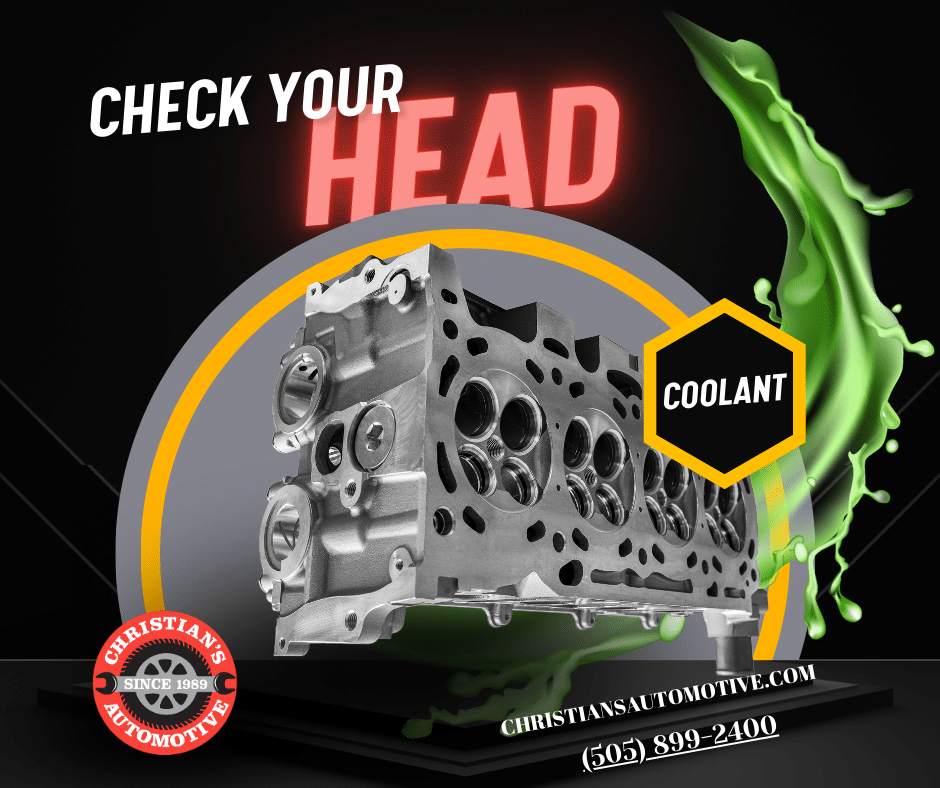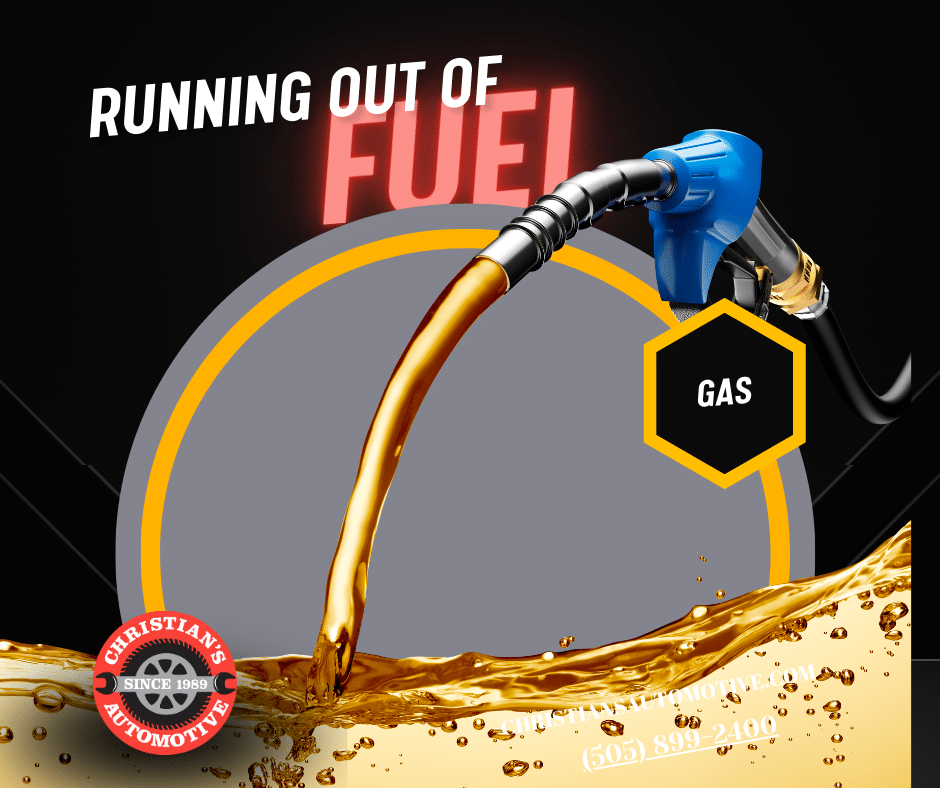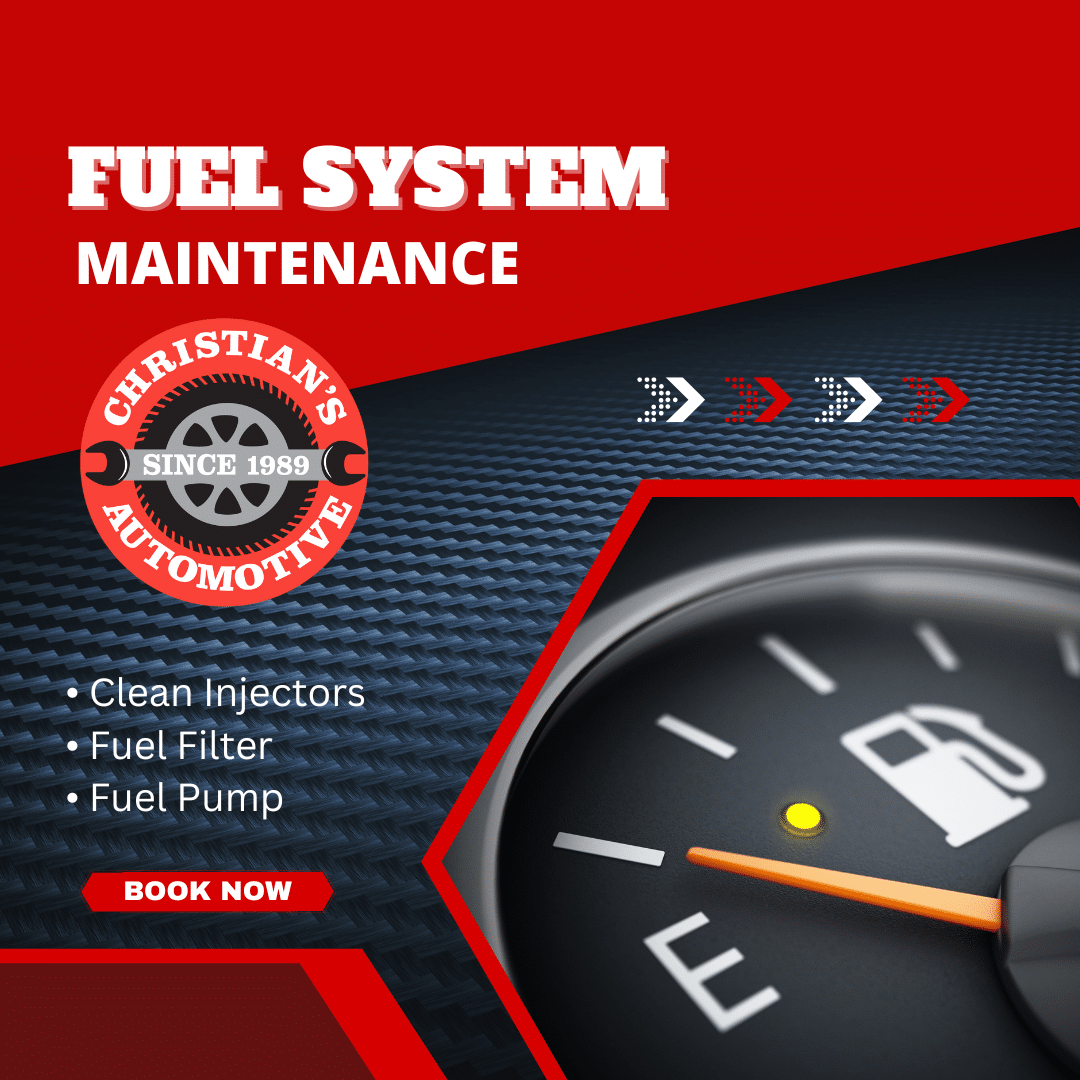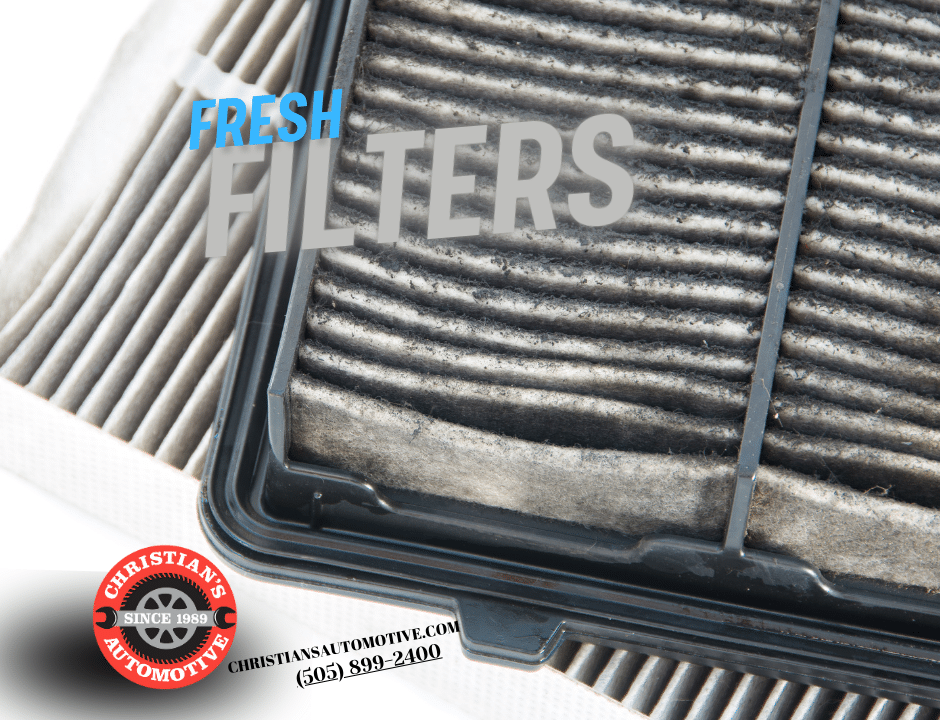
What is a Cylinder Head? The Engine Head Explained
March 12, 2024
Fuel Injection vs Carburetors: A Look into the Heart of Your Engine
March 21, 2024In this week’s Automotive Monday, we’re diving under the hood to explore the intricacies of your vehicle’s fuel system. It’s a key player in keeping your car moving, but how much do you really know about it?
Fuel Pump
The fuel system is an essential part of your vehicle’s engine. Its main purpose? To deliver fuel from the tank to the engine. This process starts when you pump gas into your vehicle’s fuel tank, usually located at the rear. From there, it travels through the fuel lines and makes its way to the engine. But before it enters the engine, it must pass through the fuel filter.
Fuel Filter
The fuel filter is a crucial component of your vehicle’s fuel system. It sifts out any dirt or rust that may have been in the fuel tank before the fuel enters the engine. This helps protect your engine from damage and ensures the fuel entering the engine is clean and ready for combustion.
Once the fuel is filtered, it enters the engine – but how it does so depends on whether your vehicle uses a carburetor or fuel injection system.
Carburetors
 In older, carbureted vehicles, a suction-style fuel pump draws fuel into the engine. The carburetor then mixes the fuel with air before it enters the combustion chamber. These systems require regular cleaning to ensure optimal performance.
In older, carbureted vehicles, a suction-style fuel pump draws fuel into the engine. The carburetor then mixes the fuel with air before it enters the combustion chamber. These systems require regular cleaning to ensure optimal performance.
Fuel Injectors
On the other hand, modern vehicles typically use fuel injection systems. Here, pressurized fuel is sprayed directly into the combustion chamber or intake manifold. Fuel injectors are more efficient and offer better fuel economy, but they also require periodic maintenance to prevent clogs and ensure smooth operation.
Maintaining the cleanliness of your fuel injectors is a crucial aspect of overall vehicle upkeep. Over time, deposits and debris can accumulate in the fuel injectors, causing a decrease in engine performance and fuel efficiency It’s recommended that you clean your fuel injectors every 15,000 to 30,000 miles. However, depending on your vehicle and driving habits, this can extend up to 60,000 to 90,000 miles. Cleaning your fuel injectors helps ensure optimal fuel flow and spray pattern, leading to improved engine performance, better fuel economy, and reduced emissions.
Whether your vehicle uses a carburetor or a fuel injection system, routine maintenance is key to keeping your fuel system running smoothly. And remember, our team at Christian’s Automotive is here to help with all your maintenance needs!




